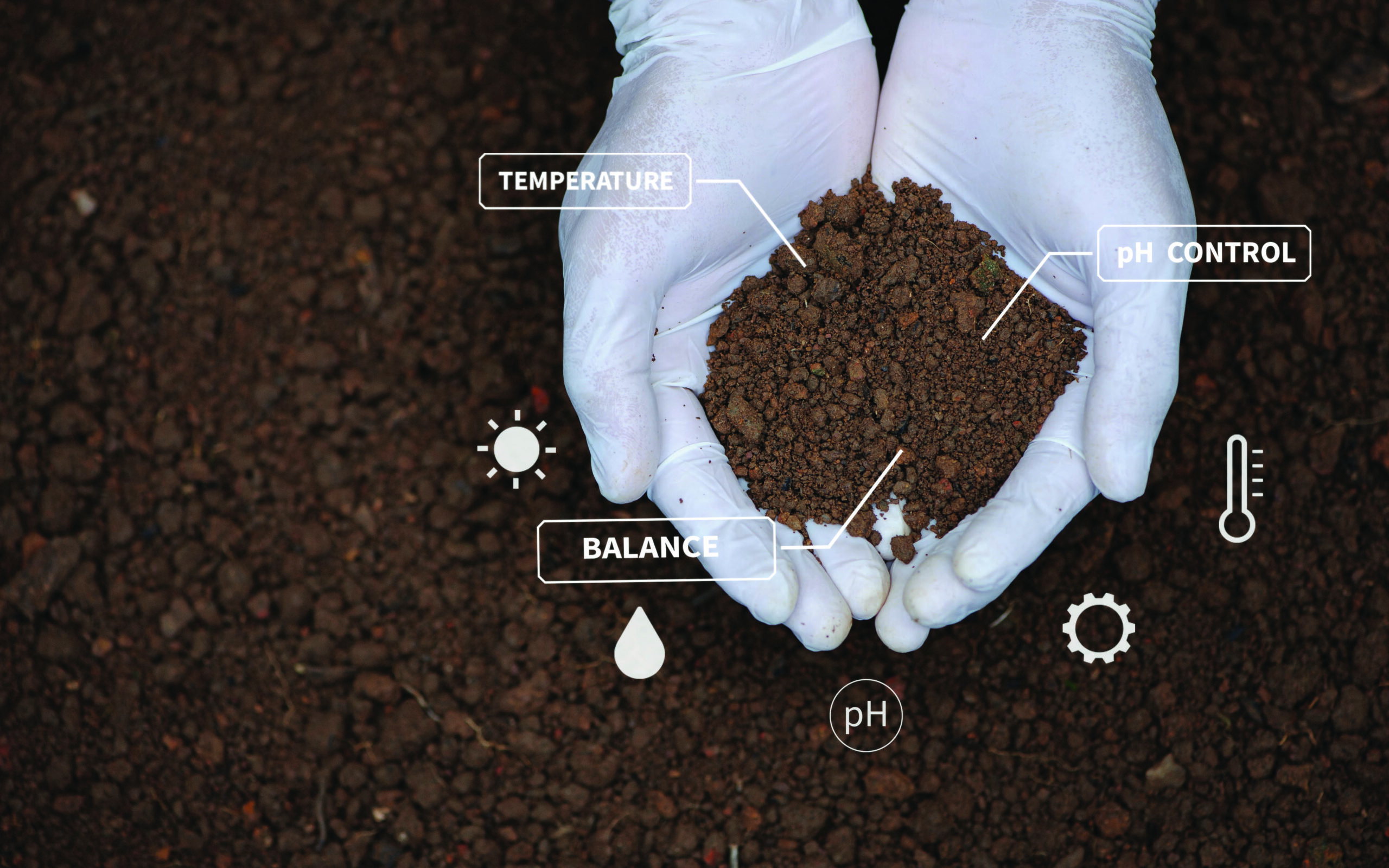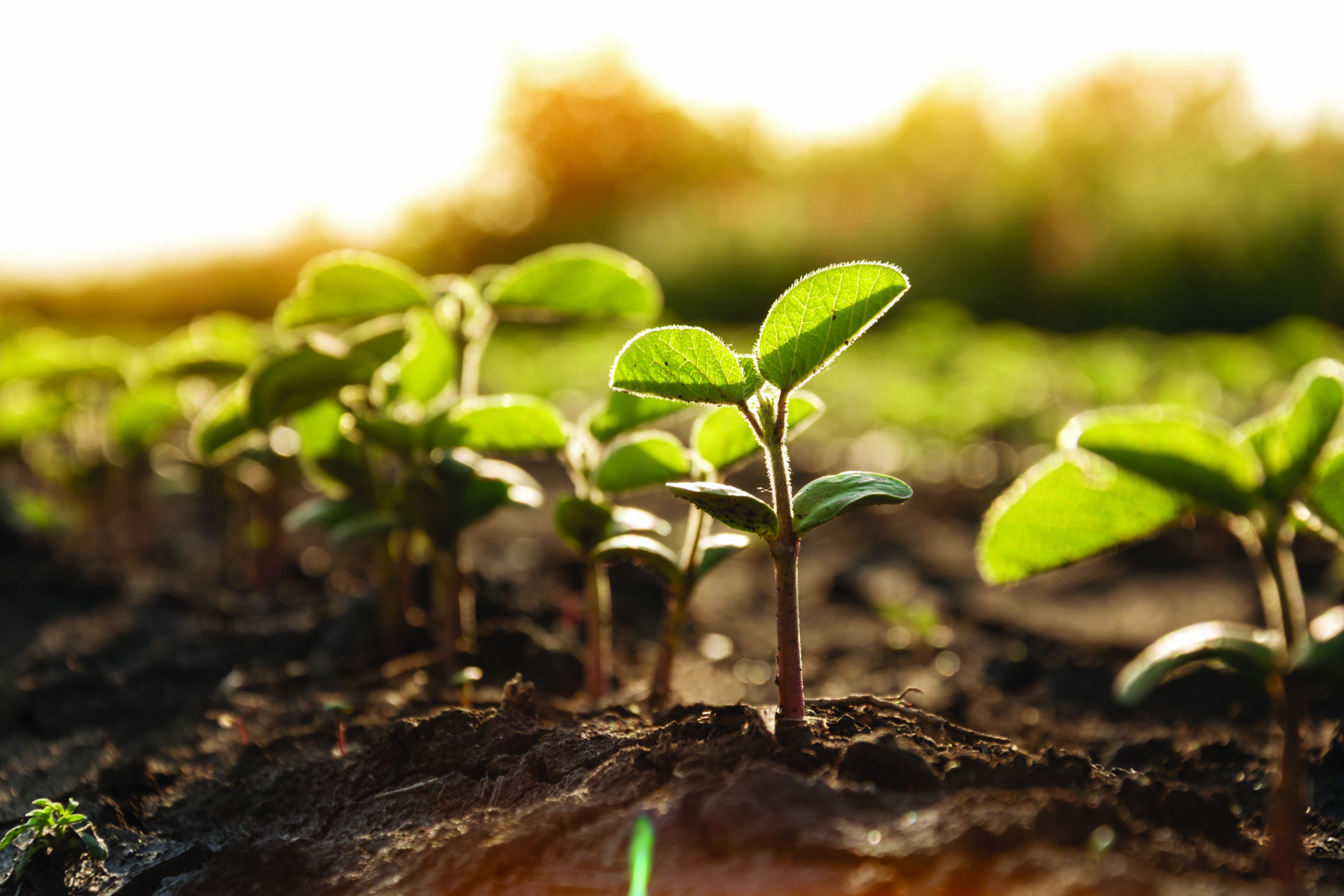Conduct Regularly for Best Results
By Angela Rogalski
To better understand soil types and deficiency of nutrients, testing the soil where you plan to grow is really a sound idea. Zach Gaylor is an extension agent in Bolivar County and says that soil testing is extremely important in agriculture.
“High crop yields and efficient production depend on the amount of available nutrients in the soil,” says Gaylor. “As well as other properties, such as soil pH and that pH has a direct effect on nutrient availability. In fact, pH might be the most important thing a soil test can tell you because if your soil pH isn’t right, it doesn’t matter how high your nutrients are or how much fertilizer you put out there, the plant is not going to be able to take it up.”
Gaylor explains that ideally a farmer would test his soil once a year, but that’s not always practical.
“Time constraints, costs or even the weather can prohibit frequent testing, so generally what Extension recommends is to test your field at least once every three years or once per crop rotation,” he says.
Gaylor says if your pH isn’t right, when you send that soil test off to a lab you’ll receive a report that will have a line recommendation application.
“Ag-line is essentially a product that you would be putting out onto your field to bring your pH up,” he says. “Soil is constantly undergoing chemical and physical changes and a lot of nutrients are removed in harvesting crops at the end of the year and lost through other processes like leaching and erosion. Therefore soil testing is really essential for managing your soil fertility and identifying the amount of nutrients in the soil and where you might be lacking.”


He adds that soil testing takes the guess work out of fertilizing and can also help identify plant disorders such as nutrient deficiencies.
“And, soil testing is especially important in years that increase cost of input and high commodity prices like we’re experiencing right now,” says Gaylor. “Farmers, like any other business, want to maximize their profits and soil testing is an important management tool which serves as a guide for profitable crop fertilization.”
Gaylor stresses that if you’re not conducting regular soil tests, you don’t really know what you’ve got in the soil.
“And, that can lead to situations where a farmer might be over applying or under applying nutrients, both of which can end up costing money. The Mississippi State University Extension Service provides soil testing services. We have sample boxes, forms and mailing containers and these are available at every county office. We can also help the farmer interpret the results and make recommendations.”
